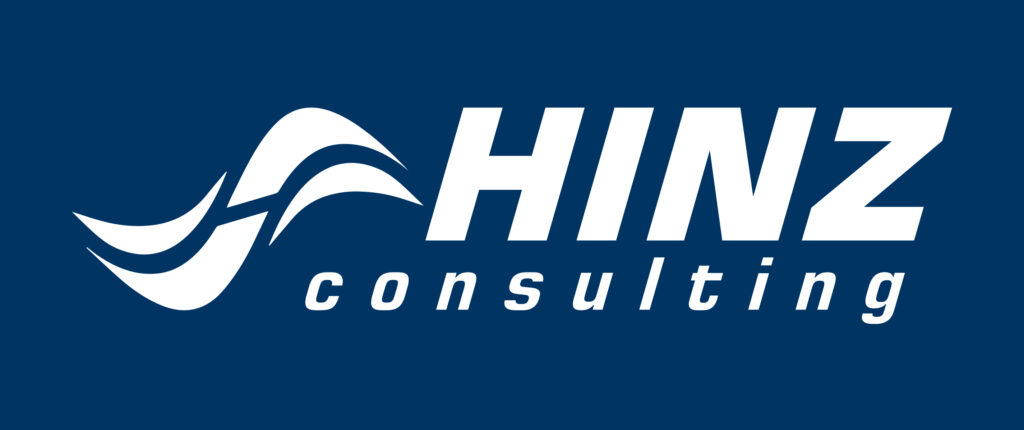When it comes to securing government contracts, understanding government proposal scoring can give you a strategic edge. Agencies use specific scoring criteria to evaluate proposals, and knowing how these criteria work allows you to craft a proposal that aligns with their expectations. Here’s a guide to government proposal scoring and what you can do to boost your score and enhance your chances of success.
1. Compliance with RFP Requirements
In government proposal scoring, compliance is often the first criterion reviewed. Agencies expect contractors to adhere to every detail specified in the RFP, from formatting to required sections.
- Create a compliance checklist: List every requirement from the RFP and check it off as you address it in your proposal.
- Use a compliance matrix: This matrix maps each RFP requirement to specific sections of your proposal, showing that all requirements are met.
- Double-check formatting: Ensure you’ve followed all formatting rules, such as page limits, font sizes, and structure.
Meeting compliance standards can prevent point deductions and ensure your proposal passes the first round of evaluation.
2. Alignment with Agency Mission and Goals
Government proposal scoring often includes evaluating how well your proposal aligns with the agency’s mission and goals. Showing a deep understanding of the agency’s objectives demonstrates your commitment to supporting their mission.
- Research the agency: Study the agency’s mission, values, and strategic goals to understand its priorities.
- Link your proposal to their objectives: Describe how your solution will help the agency achieve its goals, making it clear that you’re aligned with their mission.
- Emphasize shared values: Highlight values like efficiency, transparency, or security if they are important to the agency.
Aligning your proposal with the agency’s goals can strengthen your score by showing evaluators that you understand and support their mission.
3. Technical Approach and Feasibility

The technical approach is typically one of the most heavily weighted factors in government proposal scoring. Agencies assess whether your approach is feasible and meets the technical requirements.
- Break down your approach by phase: Outline each step in your methodology, explaining how it contributes to the overall project goals.
- Include timelines and deliverables: A clear timeline with milestones shows that you’ve carefully planned the project.
- Address potential risks: Acknowledge any risks and describe your mitigation strategies to reassure evaluators that you’re prepared for challenges.
A well-structured technical approach demonstrates competence and earns a strong score by addressing project requirements clearly and effectively.
4. Expertise and Qualifications of Personnel
Government proposal scoring often includes an assessment of your team’s qualifications. Agencies want to know that the people working on the project have the right skills and experience.
- Highlight key team members: Include bios for key personnel, focusing on relevant experience and expertise.
- Define roles and responsibilities: Clearly outline each team member’s role in the project, showing that everyone has specific responsibilities.
- Emphasize similar project experience: Showcase team members’ experience with similar government projects to build confidence in your team’s abilities.
An experienced, well-qualified team can enhance your score by demonstrating that you have the personnel to deliver on the project.
5. Past Performance and Relevant Experience
Past performance is a strong indicator of future success, and it’s a significant component of government proposal scoring. Agencies review past performance to gauge your reliability and capability.
- Choose relevant case studies: Select past projects that closely match the scope and requirements of the current RFP.
- Use measurable results: Include specific metrics, like cost savings or efficiency improvements, to give evaluators concrete evidence of your success.
- Include client testimonials if allowed: Positive feedback from past clients adds credibility and supports your claims of past success.
A solid record of past performance can boost your score by providing evidence of your experience and reliability.
6. Cost and Pricing Structure
Cost is an important part of government proposal scoring, as agencies want to ensure they’re getting the best value for their budget. A transparent and well-justified pricing structure can help improve your score.
- Provide a detailed cost breakdown: Itemize costs for each aspect of the project, including labor, materials, and overhead, to demonstrate transparency.
- Explain high-cost items: Justify any high-cost elements by describing their value or necessity for achieving project goals.
- Show alignment with the budget: Ensure your pricing is realistic and competitive within the agency’s budget constraints.
A clear and transparent pricing proposal demonstrates value and supports your score by showing your commitment to budget management.
7. Quality Assurance and Risk Management
Quality assurance and risk management are essential to government proposal scoring. Agencies want to work with contractors who can deliver high-quality results while proactively managing risks.
- Outline your QA processes: Describe how you’ll ensure quality throughout the project, using regular audits, testing, or review cycles.
- Identify potential risks: Acknowledge any specific risks to the project, such as technical or regulatory challenges.
- Provide mitigation strategies: Explain how you’ll address each risk to keep the project on track, demonstrating a proactive approach.
A strong quality and risk management plan reassures evaluators and can contribute positively to your proposal score.
8. Presentation and Professionalism
Although content is essential, the presentation of your proposal can impact government proposal scoring as well. A well-organized, professional proposal creates a positive impression and makes it easier for evaluators to assess.
- Use clear formatting and headings: Organize your proposal logically with descriptive headings that align with the RFP structure.
- Ensure consistency: Use consistent fonts, colors, and styles throughout to create a cohesive and professional document.
- Proofread for accuracy: Spelling and grammar errors can detract from your proposal’s professionalism, so review carefully.
A polished presentation can enhance your score by showcasing your attention to detail and professionalism.
9. Innovation and Value-Added Solutions
Agencies appreciate contractors who offer innovative, value-added solutions that go beyond basic requirements. Including unique approaches or improvements can positively impact your government proposal scoring.
- Highlight innovative methods: If you use cutting-edge technologies or methodologies, explain how these add value to the project.
- Focus on long-term benefits: Describe any sustainable or long-term advantages your solution provides, such as cost savings or environmental benefits.
- Emphasize adaptability: Show that your solution is flexible enough to adapt to evolving project needs, enhancing your appeal to evaluators.
Innovative solutions that add value beyond the immediate requirements can set your proposal apart and increase your score.
Final Thoughts
Government proposal scoring is a structured evaluation process that assesses factors like compliance, technical approach, experience, pricing, and quality management. By understanding and addressing these key scoring criteria, you can craft a proposal that stands out to evaluators. A well-rounded strategy that highlights your organization’s strengths, aligns with agency goals, and provides a competitive cost proposal will enhance your chances of securing a government contract. Focus on creating a proposal that is both compliant and compelling, and you’ll be well-positioned to achieve a high score and succeed in government contracting. Contact us to learn more!


